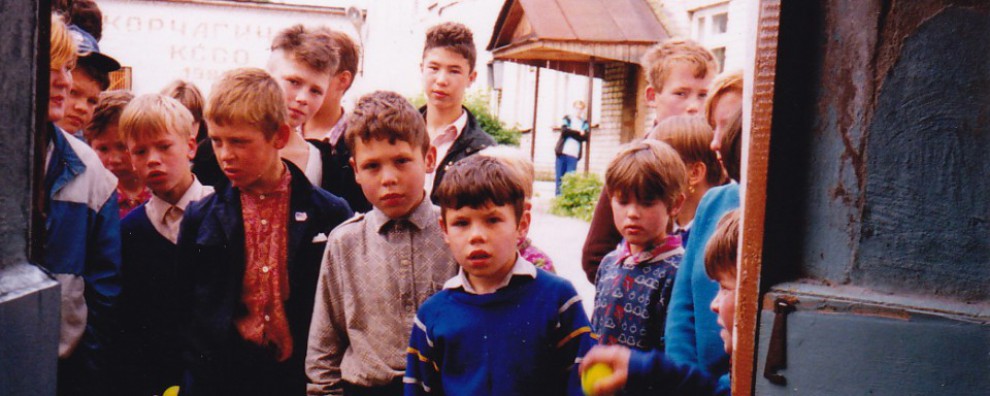“American poet, novelist, critic, and dramatist. Cullen was one of the leading poets of the Harlem Renaissance during the 1920s. Following the traditional verse forms based in part on the works of John Keats, Cullen is best remembered for his poems treating contemporary racial issues. His first volume of seventy-three poems, Color (1925), won the Harmon Award for high achievement in literature. Among his most notable poems in the volume are ‘The Shroud of Color,’ ‘Heritage,’ ‘Yet Do I Marvel,’ and ‘Incident.’ His other published collections include The Ballad of the Brown Girl (1927), Copper Sun (1927), The Black Christ and Other Poems (1929) and The Medea and Some Poems (1935). He also edited Carolina Dusk: An Anthology of Verse by Negro Poets (1929). His only novel, One Way to Heaven (1932), was praised for its accurate portrayal of Harlem life. The Lost Zoo (1940) and My Lives and How I Lost Them (1942) are children’s books. Two important works published after his death were On These I Stand: An Anthology of the Best Poems of Countee Cullen (1947), and My Soul’s High Song: The Collected Writings of Countee Cullen, Voice of the Harlem Renaissance (1991).
Excerpted from: Murphy, Bruce, ed. Benet’s Reader’s Encyclopedia, Fourth Edition. New York: Harper Collins, 1996.

You must be logged in to post a comment.